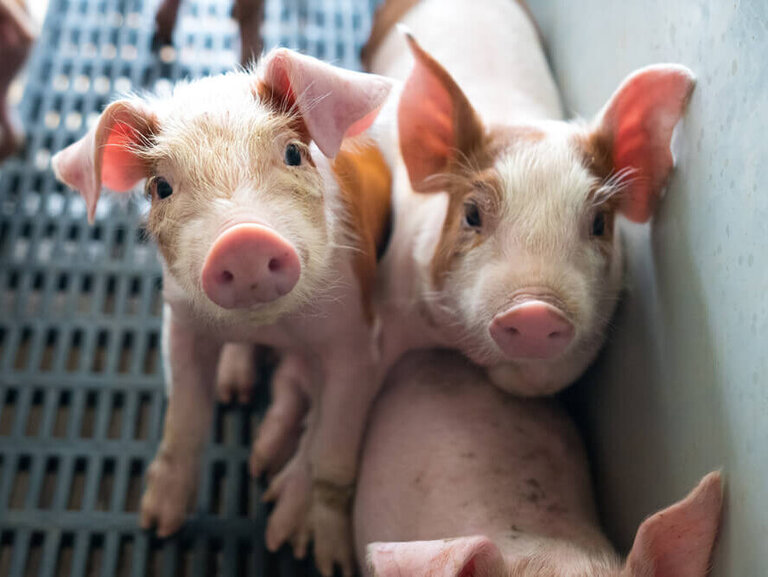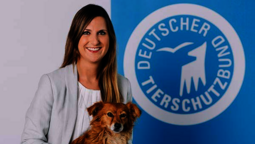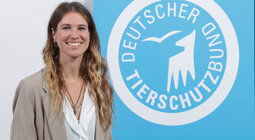Thomas Schröder, President of the German Animal Welfare Federation, is calling on parliamentarians in the German Bundestag to “turn the current draft of the animal husbandry label inside out” in the parliamentary process and turn the animal husbandry label into a genuine animal welfare label. “A strategy consisting of a combination of regulatory law, incentive systems and labeling is required to ensure that the transformation desired by the majority of society succeeds,” said Schröder. This primarily involves closing the gaps in animal welfare legislation.
The animal welfare label presented by the Federal Ministry of Agriculture has enormous weaknesses. Contrary to what was agreed in the coalition agreement, animal welfare-relevant areas such as transportation and slaughter are excluded. In addition, animal-related criteria are missing, which are crucial to making improvements for the animals measurable and verifiable. Overall, the criteria are too unambitious, merely recording the status quo.
Schröder also criticizes the fact that the controls for the state label are almost non-existent. “No trust without close controls.” The planned designations such as “Stall” and “Stall+Platz” also do not create transparency, but on the contrary create additional consumer confusion: “Coma labeling” is what the Animal Welfare Federation President calls this approach. The federation is also calling for an expiration date for the “barn” and “barn+place” husbandry systems because animal welfare cannot be implemented in these systems.
According to Schröder, the transformation of agriculture is a central task. Agricultural policy must be understood as food and climate protection policy. “Less consumption, less production of animal-based food is the path that the Commission on the Future of Agriculture has clearly pointed out and which the Borchert Commission has endorsed.”
“We are aware that a minister cannot make up in 14 months for what has been neglected in 16 years. But we now expect determination to first close the gaps in animal welfare legislation and then to press ahead with the transformation at a rapid pace and with the appropriate instruments,” says Schröder, adding: ”We don't need a piecemeal approach, but a coherent strategy that finally sets in motion a dynamic for more animal welfare in stables, reliably and with a view to farmers. The government factions must show what the promises in the coalition agreement are worth.”






